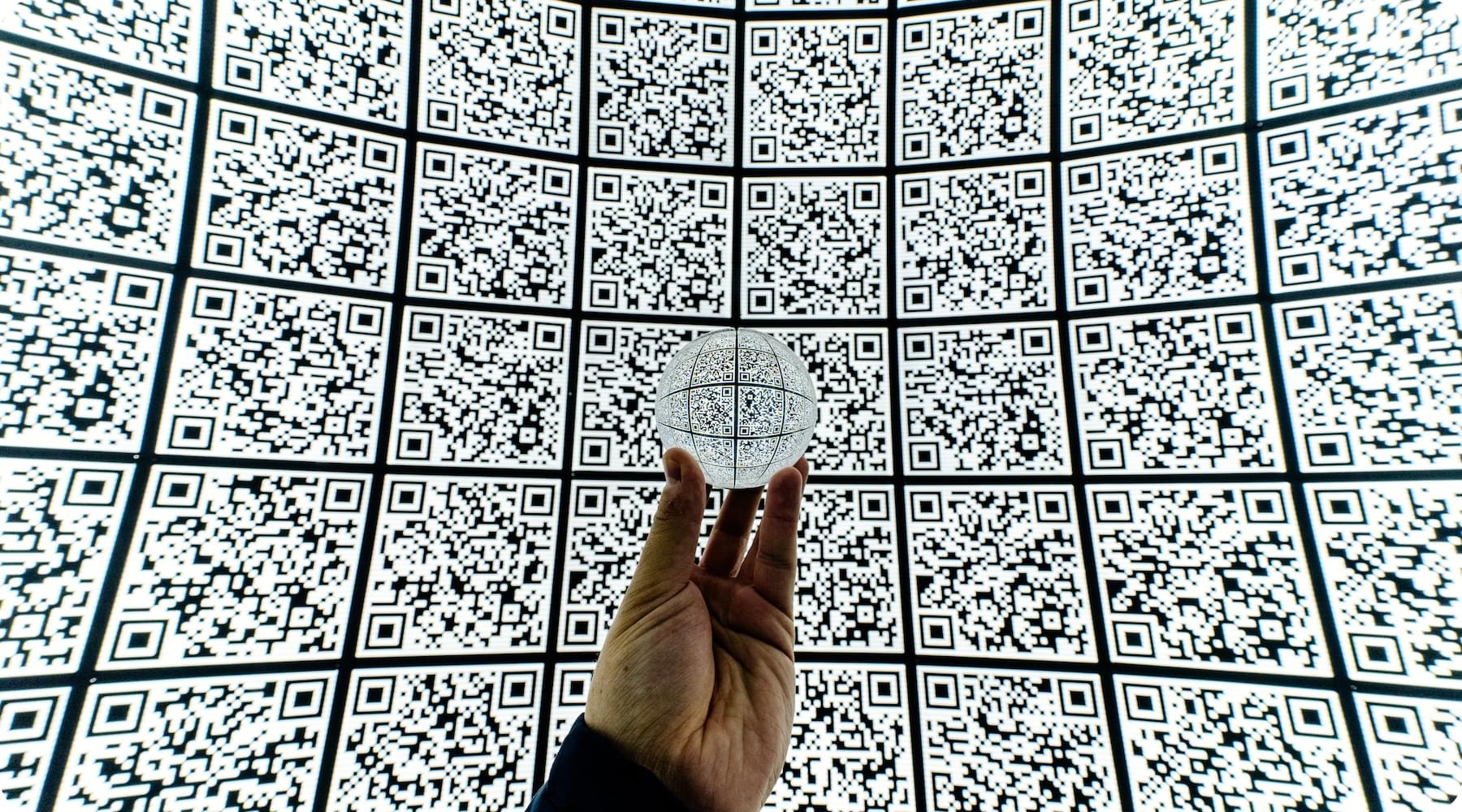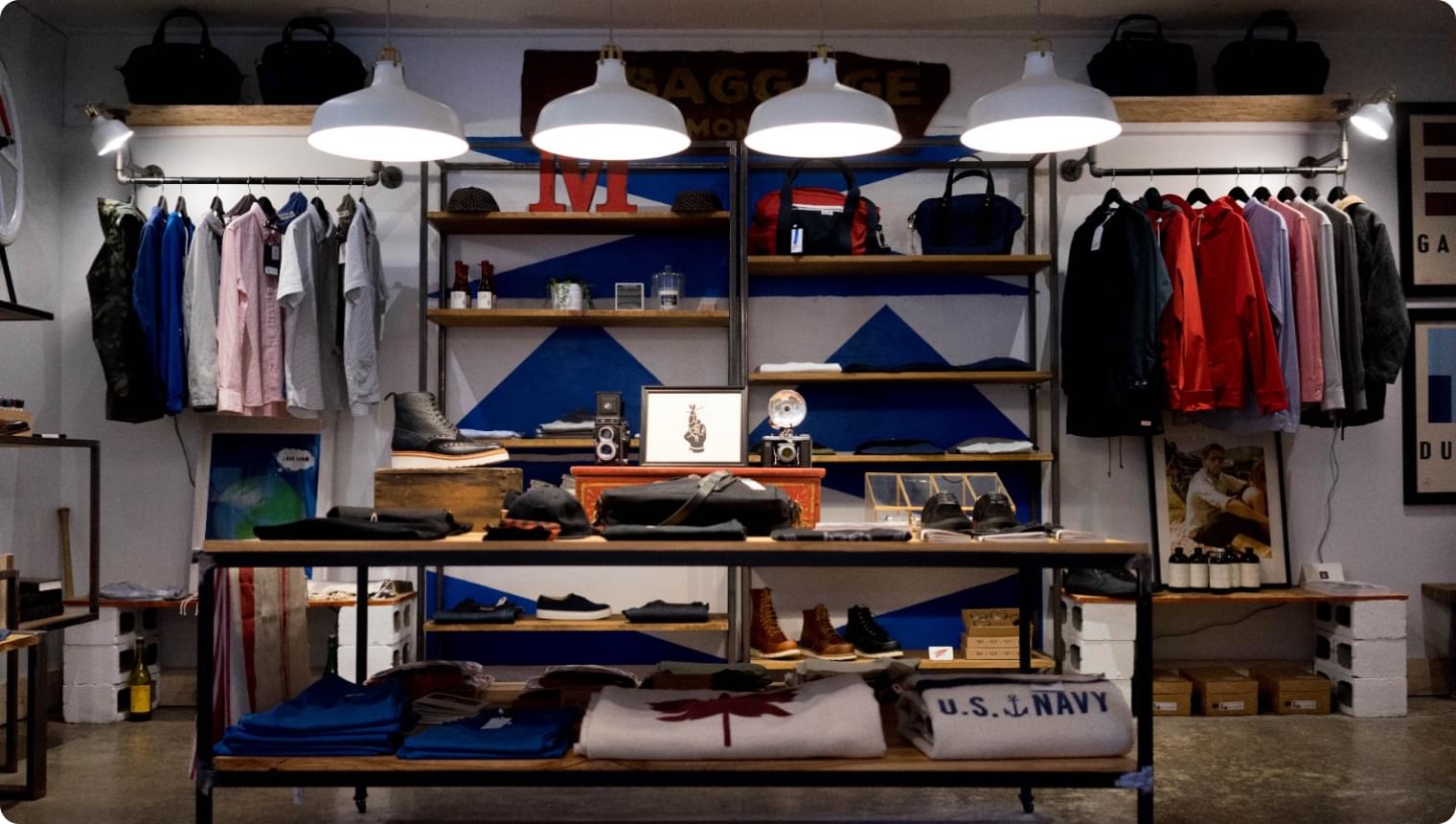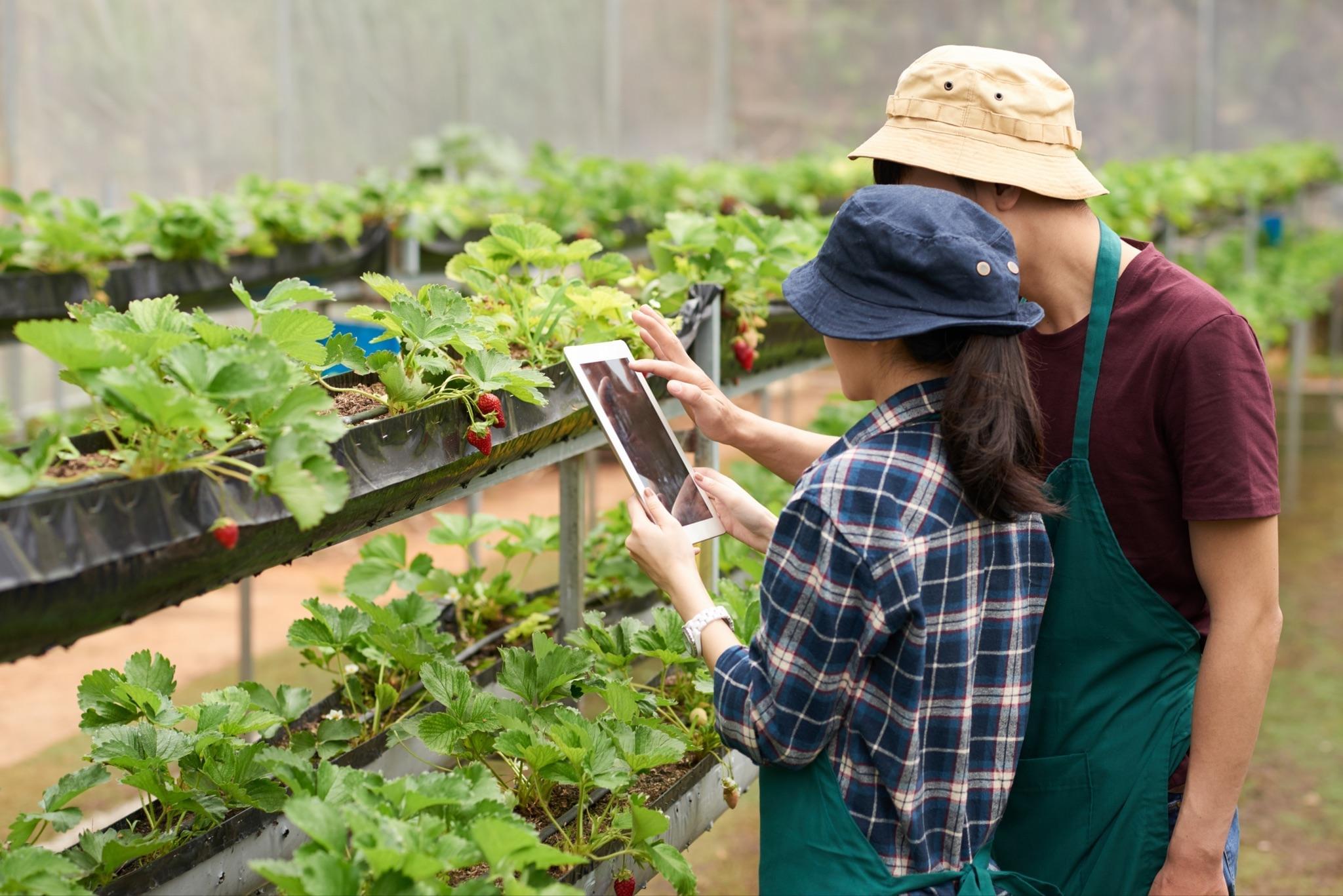
IOT, Technology, Software Development
Unlocking the Potential of IoT in the Luxury Industry: A Look at 10 Innovative Approaches
In our rapidly evolving digital world, the Internet of Things (IoT) is transforming the landscape of various industries, including the luxury sector.

A QRCode provides an efficient method to connect IoT devices or to access information about an interconnected objects.
The Internet of Things (IoT) is an interconnected network of physical devices embedded with sensors, software, and other technologies to facilitate data exchange with other devices and systems over the internet. These "things" range from simple household items like refrigerators and thermostats to complex industrial tools. The IoT is about more than just smart home applications; it's about creating a vast, global network that integrates multiple computing devices, systems, and services to achieve new levels of efficiency and effectiveness.
On the other hand, the luxury industry represents the higher end of the market, dealing with goods and services that are not considered essential but are highly desired and associated with wealthy or affluent individuals. These goods range from fashion and jewelry to high-end cars and exclusive travel experiences. The luxury industry is characterized by a focus on quality, craftsmanship, exclusivity, and superior service.
When these two realms intersect—IoT and the luxury industry—it opens up a plethora of opportunities for innovation. IoT can enhance the customer experience, increase operational efficiency, and create new business models in the luxury sector. This blog post aims to explore ten ways to leverage IoT opportunities in the luxury industry, showcasing how luxury brands can reinvent themselves in the age of digital transformation.
“Luxury is a combination of quality and creativity.”
Challenges of the Luxury Industry
The luxury industry, though lucrative and prestigious, is not without its unique set of challenges. These range from the need to maintain high quality, the fast-paced change of trends and fashion, the problem of counterfeiting, the environmental impact, and the necessity for digital transformation.
10 Innovative Ways to Leverage IoT in the Luxury Industry
Counterfeit mitigation
Utilize QR Codes with unique digital signatures and NFC tags for product authentication. These technologies enable customers to verify product authenticity using a dedicated app, thereby enhancing consumer trust and brand loyalty.

QR Codes and NFC Tags can be a modern solution to counterfeit Mitigation
Production Efficiency
Production Efficiency: IoT can be leveraged to optimize the manufacturing process, reducing costs and waste. Sensors can track production in real-time, providing actionable insights to streamline operations and increase efficiency.
Real-Time Trend Forecasting
Brands can utilize IoT devices to collect real-time data on product usage, such as jewelry wear patterns, to anticipate and respond to emerging trends swiftly.
Elevating Customer Experience
IoT devices like smartwatches and smart fabrics can offer a more personalized and immersive customer experience. The data gathered can provide personalized recommendations and services, thereby enhancing customer engagement.

Smart & Secure Packaging
IoT technologies can track high-end products in real-time during transit, ensuring security and allowing customers to monitor their package's journey. Advanced packaging solutions can also ensure that the product remains untouched until it reaches the customer.me.
Luxury Hospitality
IoT can enhance guest experience in luxury hotels with features such as remote temperature control, sustainable energy monitoring, smart lighting, and personalized entertainment. Furthermore, IoT can streamline room service operations, providing a seamless and luxurious experience for guests.

IoT enhances luxury hotel experiences with customization
Personalized Perfumes
IoT devices could analyze environmental factors like temperature and humidity, along with the individual's mood (via a mobile app), to customize a fragrance. Luxury brands could develop an IoT-enabled perfume dispenser with adjustable fragrance output for high-end establishments.
Precision Retail
IoT devices can help take precise body measurements, standardizing sizes across the industry. Wearable devices could even provide real-time body metrics, paving the way for perfectly fitted luxury clothing.
Smart Jewelry
While smartwatches are common, the market potential for smart rings, bracelets, and earrings remains largely untapped. Incorporating electronics into jewelry could open a new segment in the luxury industry, providing both aesthetic appeal and functional benefits.
"(At Burberry) we talk a lot about blurring the lines between physical and digital. We sat together to design the store of the future, where (people have the impression) to walk into the website."
Revolutionizing Cosmetics
Smart mirrors with inbuilt webcams and facial recognition could offer makeup advice, suggest products based on skin tone, and even consider environmental factors like room temperature and humidity. The mirror could provide a virtual try-on feature, allowing users to see the potential results of luxury products on their faces in real-ti
Conclusion
In essence, the fusion of IoT with the luxury industry promises immense potential, providing solutions to current challenges and opening doors to new opportunities.
From mitigating counterfeiting, optimizing production, to personalizing customer experiences, IoT can revolutionize the luxury industry. This technological evolution empowers brands to deliver not just products, but immersive and unique experiences, marking the dawn of a new era in the world of luxury.
Related articles
LoRaWan, an ideal technology for prototyping applications for the Internet of Things
Nemo, a tailor-made AI for companies and public authorities
Liked this article?
Share it with the world!
Contact us
Lets' get in touch
Are you looking for a partner to realize your ambitions? Hyperio specializes in delivering tailored software solutions, IT consulting, and digital transformation services to help your business thrive.


